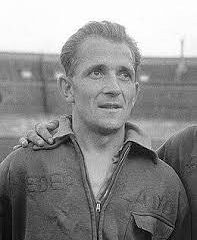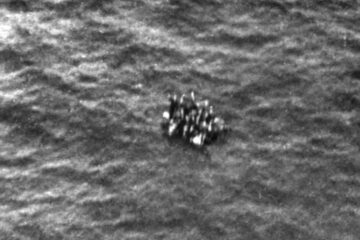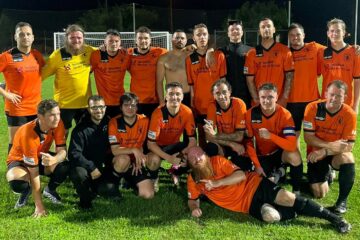Short history of Theo ten Brummelaar and Eef ten Brummelaar-Loos
Theo’s parents met as young Socialist Democrats in about 1917. His father was a smith who saw the low wages, the suffering of the unemployed as well as the often drunken and irresponsible behavior of the workers all around him. His mother grew up in a family which was chased out of North Brabant, because her progressive father upset the conservative church. No wonder Theo’s parents both worked hard to improve their situation and that of their fellow workers by education, organization of unions and political influence. Many years later towards the end of his life, his father chaired a branch of the metal trades union and was on the board of directors of a large factory in Leiden representing its workers. His mother meanwhile had organized the wives of union ‘bosses’ into a union of their own.
Theo was given the opportunity of further education, thanks to the advice by the headmaster of his primary school. Just before he was conscripted into the army he was a qualified teacher in a primary school in Leiden.
Eef Loos grew up in the Netherlands East Indies as the daughter of a senior public servant in the Agricultural Education Department in Netherlands East Indies (NEI), with a PhD from Wageningen, Her father had left his earlier position as ‘planter’ as he disagreed with the treatment of the local workers. Eef’s mother was a primary school teacher in NEI, who very capably supported her husband in his career. Both planned to live out their life in NEI. However, Eef’s father died during the war because of Japanese brutality, while Eef and her mother were repatriated to the Netherlands after their years in Japanese concentration camps. Theo met Eef at a teachers college in Den Haag in 1947.
While Theo ‘played’ soldiers, Eef studied at the University of Amsterdam, a degree in political and social science. After she graduated, they decided to look for a future in warmer countries, ending up for four years in the Crown Colony of Singapore. Eef working at the Dutch Consulate General, Theo as clerk for a Shipping Company. Their first two children were born. Here. When Singapore became independent, they no longer felt happy there and migrated to Sydney at the end of 1955.
With Eef’s help, she worked as a house cleaner, Theo completed a five-year full-time university study to become a civil engineer for the Department of Main Roads. After graduation they lived in Holbrook, Narrandera and Goulburn, while Theo was involved in early completion of the Hume and Sturt Highways. They had two more children as soon as Theo started earning money as an engineer.
Eef started writing sketches, They were performed by an enthusiastic group during the period of 1963/70 in little cabaret shows making money for good causes. In 1963 Theo was asked to become correspondent to the Dutch radio station NCRV. It gave him some experience in radio work at studios of the ABC, while Eef honed her writing skills by providing the texts for my reports.
In 1967 Theo was offered a position as lecturer in Highway Design at the UNSW and they moved to Engadine, near Sutherland, NSW. Eef began a career as primary school teacher.
This job security allowed them to be more interested in the world around them. Soon they were members of the Sutherland Dutch Club. This club, as so many other clubs of this type, provided social support to its members while they were settling into their new country. Jan Logeman, a board member of the Dutch Club, came up with the idea of a retirement village catering for Dutch migrants. He formed a working group; Theo represented the engineering side. Many late evenings were spent at meetings, as the financial and other problems were big and serious, while the committee members did not always agree about the way forward. However, by 1980 ‘Juliana Village’ was built and it is still operating today.
A few years earlier 2EA Ethnic radio was created. Both Eef and Theo became involved and remained so after 2EA changed to SBS radio until about 1995. Eef meanwhile had achieved her Arts degree by part time study at Macquarie University. She became the official News journalist for the Dutch program. She also contributed about 1200 different “babbels’. During this period the idea of the Dutch Australian Cultural Centre began to take shape.
Sometime in the seventies Theo joined the board of the Federation of Netherlands Societies. This group formed a subcommittee to create a second Village for elderly Dutch migrants. ‘Abel Tasman Village’ was opened in 1984 and is still an example of a well-functioning independent not for profit village. None of the board members of both the Villages ever received a salary, in fact they offer time and money while carrying the responsibilities of their position.
Eef and Theo both retired at the age of 65. They lived in Coogee enjoying the life of their family and the progress of otheir children and grandchildren. They remained politically involved although an early disappointment with membership of the Labor Party made them step back from membership in 1965. They were involved in protests about the Vietnam war and climate change. This had them worried and it influences their political views.
Over many years they found lots of people who strove to improve the world for their fellow man, doing so while not exploiting people and certainly not for personal gain. It was a joy sharing time with them.
Finally, in their own words, “It was not by design, but by unforeseen changing circumstances which ended them in one of the best places in the world”.
Written by Theo ten Brummelaar, 13/11/2022
Eef died in 2007.
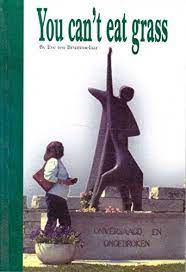
Eef’s major book is ‘You can’t eat grass’
ISBN No.0 646 27322 1
It is available in the State and War Memorial Library among others.
The DACC also published a few smaller booklets accompanying exhibitions.
‘From clogs to thongs’
‘The Other Dutch”
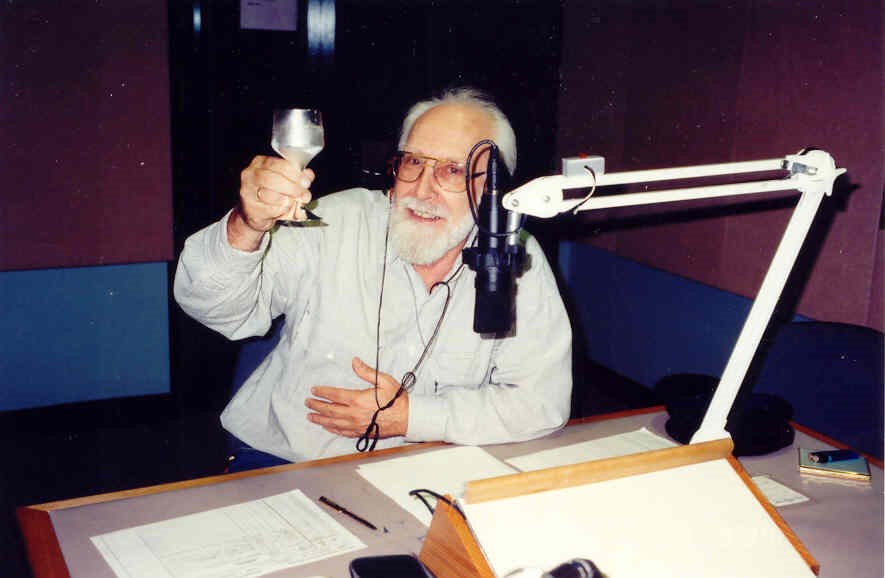
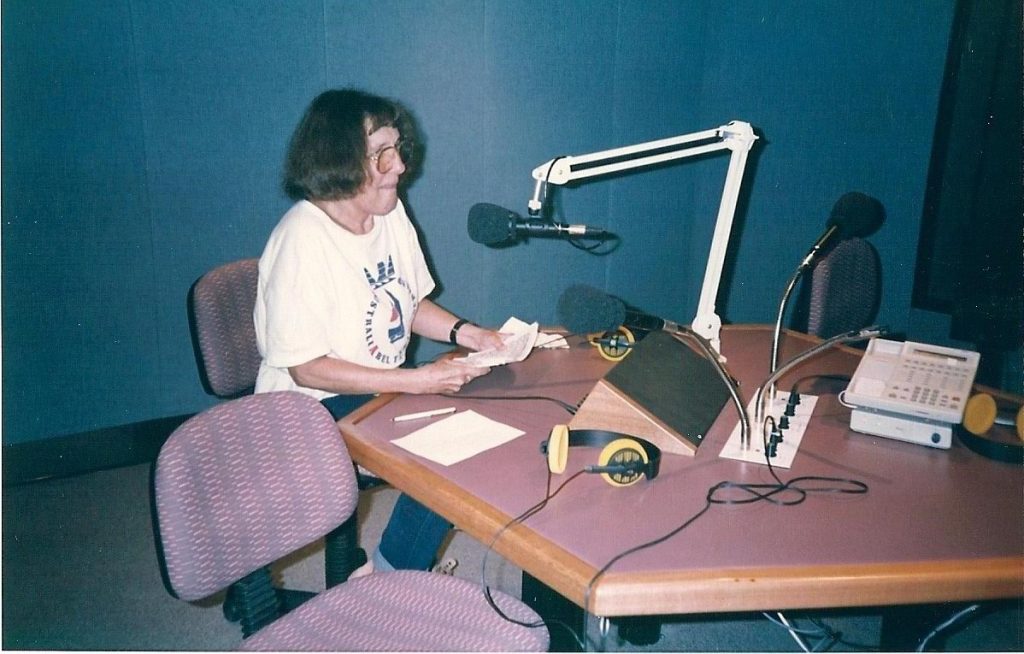
See also : Dutch language programs on SBS-Radio
